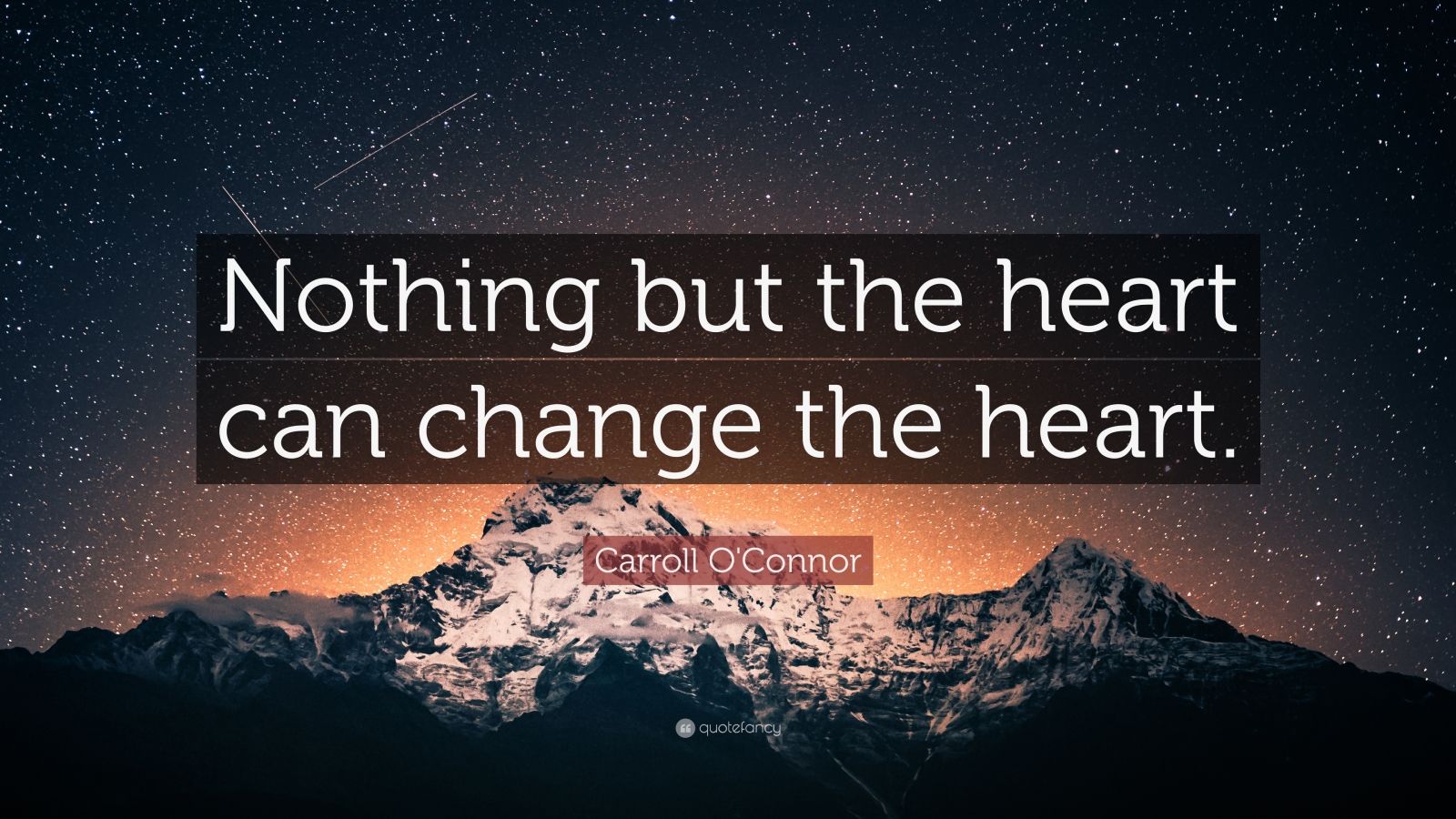A heartbeat can change based on the music a person is listening to

A Heartbeat Can Change Based on the Music a Person is Listening to

Music has always been known to have a profound effect on our emotions and overall well-being. It has the power to uplift our spirits, bring us to tears, and even transport us to another time and place. But did you know that music can also have a direct impact on our heartbeats?
Research has shown that the type of music a person listens to can cause their heartbeat to change. CardioSmart, an organization dedicated to cardiovascular health, has reviewed previous studies on the subject and found that faster-paced music tends to increase heart rate and breathing more than slower music.
This connection between music and our heartbeat can be explained by the psychophysiological effects of music. When we listen to an upbeat and fast-paced song, our bodies naturally respond by increasing our heart rate and blood pressure. On the other hand, slow and calming music has the opposite effect, slowing down our heart rate and promoting relaxation.

But how does this information benefit our health? Research shows that music can be a powerful tool in managing cardiovascular health. For example, individuals with high blood pressure or a rapid heartbeat can benefit from listening to calming music to lower their heart rate and induce relaxation.
Moreover, the rhythmic properties of music can also influence our heartbeat. Listening to music with a steady and regular beat can help synchronize our heart rate with the rhythm of the music. This synchronization, known as “entrainment,” can have positive effects on our cardiovascular system, promoting a more regular heartbeat and improving overall heart health.
In addition to its physiological effects, music also has a profound impact on our emotional state. Positive and uplifting music can stimulate the release of endorphins, which are known as “feel-good” hormones. These endorphins not only improve our mood but also have a positive impact on our cardiovascular health, reducing stress and promoting a healthier heart.
In conclusion, music has the incredible ability to influence our heartbeat. Whether it’s the tempo, rhythm, or emotional impact of a song, the power of music to change our heart rate and overall heart health is undeniable. By harnessing the therapeutic benefits of music, we can enhance our cardiovascular well-being and improve our overall quality of life. So, the next time you feel your heart racing or in need of relaxation, consider turning on your favorite music and let its soothing melodies or energizing beats work their magic on your heartbeat.
Source: CardioSmart - Music Boosts Heart Health
Tags
Share
Related Posts
Quick Links
Legal Stuff

